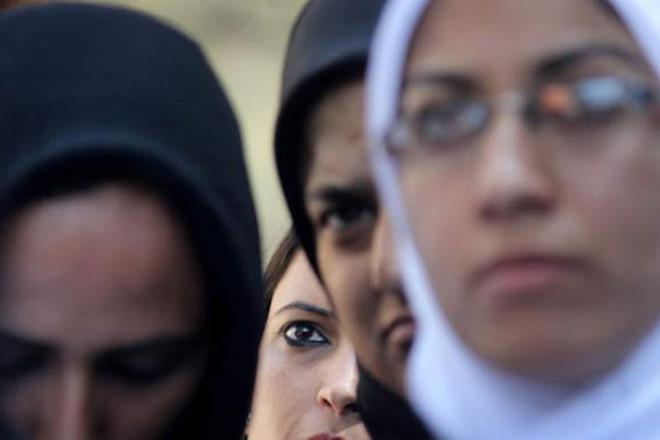NEW DELHI: With a key document meant to guide appointment of judges hanging fire, the law ministry took its fight with the judiciary over judicial appointments a notch higher in 2017, even as it took major steps in bringing draft laws to ban instant triple talaq and allowing NRIs to vote here through proxies.
The law ministry and the Supreme Court collegium are nowhere close to resolving the differences between the executive and judiciary over the finalisation of a fresh memorandum of procedure to appoint apex court and high court judges.
After a Supreme Court bench ruled on December 16, 2015 in favour of a fresh Memorandum of Procedure (MoP) – the guiding document for such appointments, the law ministry prepared a draft that was sent to the collegium.
But with differences between the government and the judiciary, judicial appointments continue to be based on the old MoP.
With government maintaining that the judicial appointments lacked transparency, it has now started a detailed scrutiny of professional track record of advocates and judicial officers recommended by high court collegiums for appointment as judges, a move which has triggered a fresh round of confrontation between the executive and the judiciary.
As if differences over judicial appointments were not enough, Law Minister Ravi Shankar Prasad and Chief Justice of India Dipak Misra openly sparred over “separation of power” among the three organs of the state.
Prime Minister Narendra Modi, who was also present, had to literally play peacemaker urging the two organs to work together for the betterment of people.
The year also saw sudden resignations of the attorney general, the solicitor general and two additional solicitors general.
While K K Venugopal replaced Mukul Rohatgi as the A-G, the government has so far not found a replacement for Ranjit Kumar who quit as the S-G.
P S Patwalia and N K Kaul resigned as additional solicitors general, reducing the size of the government’s defence team in the Supreme Court where several high profile cases are being heard.
In the midst of the tussle with judiciary, the law ministry pushed a bill to criminalise the practice of instant triple talaq.
The government, which managed to sail the bill through the Lok Sabha last Thursday, said the practice of ‘talaq-e- biddat’ was continuing despite the Supreme Court striking it down in August.
It said 66 cases of instant triple talaq have been reported after the Supreme Court verdict.
The draft law provides for a jail term of up to three years for the husband for pronouncing triple talaq. The instant triple talaq, as such, has been declared as illegal and void in the draft law now awaiting Rajya Sabha nod.
The issue of voting by NRIs in Indian elections is being debated again with the government moving a bill in the Lok Sabha to extend proxy voting rights to them on the lines of service voters.
The bill says the necessary provision of coming to India to cast ballot caused “hardship” to overseas electors.
As of now, non-resident Indians — essentially people living or working abroad who have not given up their Indian citizenship — can cast their vote in the constituencies they are registered in.
This means that they first have to register themselves as voters and then take a long flight to India be present on election day.
The hesitation to spend money and make travel plans to vote in India is reflected in the data available with the Election Commission and the government on ‘overseas electors’.
Minister of State for Law P P Chaudhary had informed the Lok Sabha on December 15 that a total of 24,348 people are ‘overseas electors’.
According to the provisions of Representation of the People Act (Amendment) Bill, 2017 introduced by Law Minister Prasad in the Lower House, overseas Indians who are entitled to vote in India can now appoint a proxy voter to cast their votes. The person authorised as proxy has to be a different person in every election.
The draft law also seeks to make the election law gender neutral by replacing the term ‘wife’ with ‘spouse’ to benefit service voters.
As of now, an armyman’s wife is entitled to be enrolled as a service voter, but a woman army officer’s husband is not, according to the provisions in the electoral law.
But the draft bill proposes to replace the term ‘wife’ with ‘spouse’, thus making the provision gender neutral.
Members of the armed forces, central armed police forces, personnel of state police forces posted outside their state and employees of the Centre posted outside India are eligible to be enrolled as service voters. (AGENCIES)


